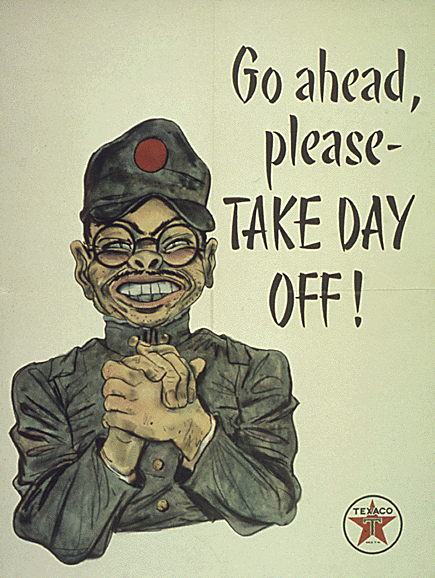The propaganda model is a conceptual model in political economy advanced by Edward S. Herman and Noam Chomsky to explain how propaganda and systemic biases function in mass media. The model seeks to explain how populations are manipulated and how consent for economic, social and political policies is "manufactured" in the public mind due to this propaganda.
The theory posits that the way in which news is structured (e.g. through advertising, concentration of media ownership, government sourcing) creates an inherent conflict of interest which acts as propaganda for undemocratic forces.
An example that Herman and Chomsky identified was "anti-communism" during the Cold War. Such anti-ideologies exploit public fear and hatred of groups that pose a potential threat, either real, exaggerated or imagined. Communism once posed the primary threat, and communism and socialism were portrayed by their detractors as endangering freedoms of speech, movement, the press and so forth. They argue that such a portrayal was often used as a means to silence voices critical of elite interests.

Propaganda
An example of Anti-Japanese propaganda, depicting a racist caricature of a Japanese soldier saying "go ahead, please—TAKE DAY OFF!"
The Power Elite is a 1956 book by sociologist C. Wright Mills, in which Mills calls attention to the interwoven interests of the leaders of the military, corporate, and political elements of society and suggests that the ordinary citizen is a relatively powerless subject of manipulation by those entities.
According to Mills, the eponymous "power elite" are those that occupy the dominant positions, in the dominant institutions (military, economic and political) of a dominant country, and their decisions (or lack of decisions) have enormous consequences, not only for the U.S. population but, "the underlying populations of the world."
These two models—the propaganda and the "power elite" conceptualization—evidence how mass media can be used to reinforce the powerful's positions of power and interests. For example:
- During the Gulf War (1990), the media's failure to report on Saddam Hussein's peace offers guided the public to look more favorably on the U.S. government's actions.
- During the Iraq invasion (2003), the media's failure to report on the legality of the war, despite overwhelming public opinion in favor of only invading Iraq with UN authorization, minimized public awareness and outcry over that illegality. According to the liberal watchdog group Fairness and Accuracy In Reporting, there was a disproportionate focus on pro-war sources while total anti-war sources only made up 10% of the media (with only 3% of US sources being anti-war).
- With regard to global warming, the media (in the interest of those who make a tremendous amount of money from fossil fuels) gives near equal balance to people who deny climate change, despite only "about one percent" of climate scientists taking this view. This allows the "debate" to continue, when in reality there is firm scientific consensus, in turn allowing those corporations to continue profiting off human behavior that in reality harms the environment.